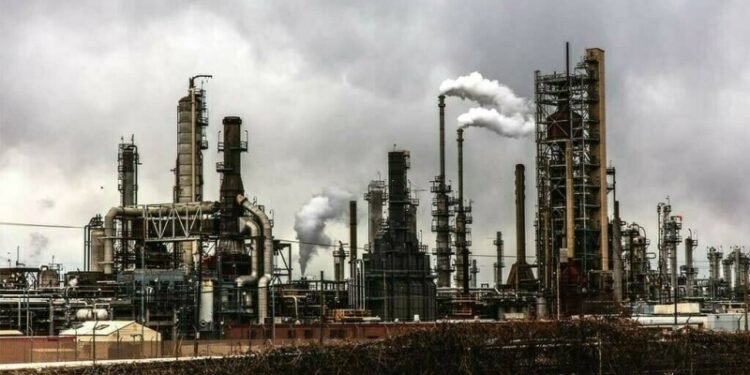Cnergyico Pk Limited, formerly known as Byco Petroleum Pakistan Limited, sees its anticipated investment at over $1 billion as it upgrades its refineries to produce Euro V standards-compliant gasoline and diesel.
The refinery communicated the development in a notice to the Pakistan Stock Exchange (PSX) on Friday.
“We are pleased to inform you that the Government of Pakistan has recently approved the amendments after consultation with all refineries in the earlier approved ‘Pakistan Oil Refining Policy for Upgradation of Existing/Brownfield Refineries, 2023’.
“Cnergyico Pk Limited already assured its commitment in its previous disclosures … to upgrade both refineries to manufacture Euro V standards compliant gasoline and diesel, while concurrently reducing Fuel Oil production.
“The anticipated investment by the company is set to exceed $1 billion, however, precise cost estimates will be established post the Front-End Engineering Design (FEED) of the Upgrade Project,” read the notice.
Cnergyico Pk is vertically integrated across the oil refining and marketing industries and owns and operates a crude oil terminal. The company also operates Pakistan’s biggest oil refinery in terms of nameplate capacity, the largest capacity crude oil storage tanks in the country, and a network of petrol pumps.
Last month, the Cabinet Committee on Energy (CCoE) approved amendments to Refineries Policy 2023 after it resolved implementation issues of existing refineries/Brownfield Refineries, and enabled them to undertake major upgrade projects.
As per a report, published in media, the policy would enable the oil refineries to undertake major upgradation projects to not only comply with Euro – V specifications but also increase production of deficit products of petrol and diesel by 99% and 47%, respectively, and also reduce the production of furnace oil by 78%, which because of drastically reduced demand in recent years often results in storage constraints forcing the refineries to reduce capacity utilisation.
The refineries upgradation is expected to bring in an investment of $5-6 billion and not only result in cleaner environment-friendly fuels but also major savings of precious foreign exchange, read the report.



 Pakistan Rupee Exchange Rate
Pakistan Rupee Exchange Rate





